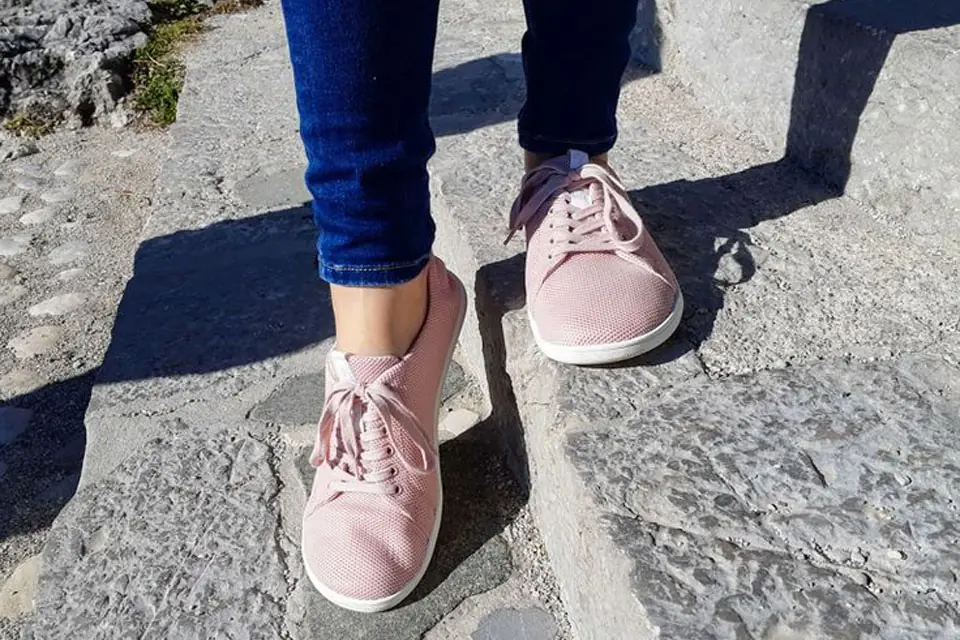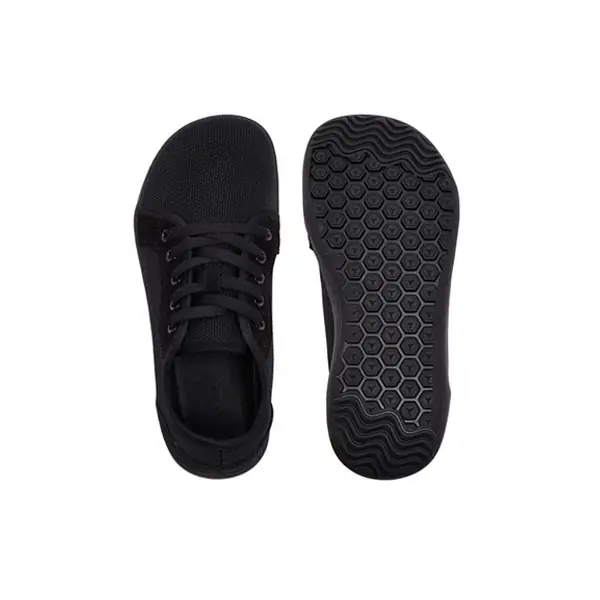
Can You Run a Marathon in Barefoot Shoes
Yes, you can run a marathon in barefoot shoes, but it requires proper training, gradual adaptation, and the right minimalist footwear. Many runners have successfully completed marathons in barefoot shoes, experiencing improved running technique and reduced impact on their joints.

Table of Contents
Understanding Barefoot Running Mechanics
When running in barefoot shoes, your foot strike pattern naturally shifts from heel striking to a forefoot or midfoot strike. This change in running technique helps distribute impact forces more evenly throughout your feet and legs.Key biomechanical differences:
- Natural toe spread
- Increased proprioception
- Enhanced ground feel
- Improved running posture
- Activated foot muscles
Transitioning to Marathon Training in Barefoot Shoes
The journey from traditional running shoes to completing a marathon in barefoot running shoes requires careful progression:
- Start with short distances (1-2 miles)
- Gradually increase weekly mileage
- Allow adequate recovery time
- Listen to your body’s signals
- Focus on proper form
Choosing the Right Barefoot Shoes for Marathon Running
Selecting appropriate footwear is crucial for marathon success:
| Feature | Importance | Benefit |
|---|---|---|
| Wide toe box | Essential | Natural toe spread |
| Zero drop | Critical | Natural alignment |
| Minimal cushioning | Important | Ground feedback |
| Breathability | Necessary | Temperature control |
| Durability | Vital | Marathon distance |
Building Foot Strength and Endurance
Before attempting a marathon in barefoot shoes, develop:
- Arch strength
- Toe flexibility
- Ankle stability
- Calf endurance
- Foot muscle resilience
Common Challenges and Solutions
Running a marathon in minimalist shoes presents unique challenges:
- Initial foot fatigue
- Calf soreness
- Adaptation period
- Surface sensitivity
- Weather conditions
Training Schedule Modifications
Adjust your marathon training plan when using barefoot shoes:
- Reduce initial mileage
- Increase recovery time
- Include strength training
- Focus on technique
- Progress gradually
Frequently Asked Questions
How long should I train before attempting a marathon in barefoot shoes?
Most runners need 6-12 months of consistent barefoot shoe training before attempting a marathon.
What pace should I expect for my first barefoot shoe marathon?
Initially, expect to run 10-15% slower than your traditional shoe marathon pace as your body adapts.
Should I carry traditional running shoes as backup during the marathon?
While not necessary, some runners choose to carry lightweight backup shoes for their first barefoot marathon.
What if I experience foot pain during the marathon?
Listen to your body – if pain is sharp or persistent, consider switching to backup shoes or adjusting your pace.
Race Day Preparation
Special considerations for marathon day:
- Carry extra socks
- Check weather conditions
- Know the course surface
- Plan hydration strategy
- Monitor foot comfort
Recovery and Post-Marathon Care
After completing a marathon in barefoot shoes:
- Ice bath for feet
- Gentle foot massage
- Elevation periods
- Light walking
- Gradual return to training
Conclusion
Running a marathon in barefoot shoes is achievable with proper preparation, training, and mindset. Success requires patience, dedication to form, and respect for the adaptation process. While challenging, many runners find the experience rewarding and beneficial for their long-term running journey.Remember to start slow, build gradually, and listen to your body throughout the process. For personalized advice on selecting the right barefoot shoes for your marathon journey, contact our expert team who can guide you toward the perfect pair for your needs.
